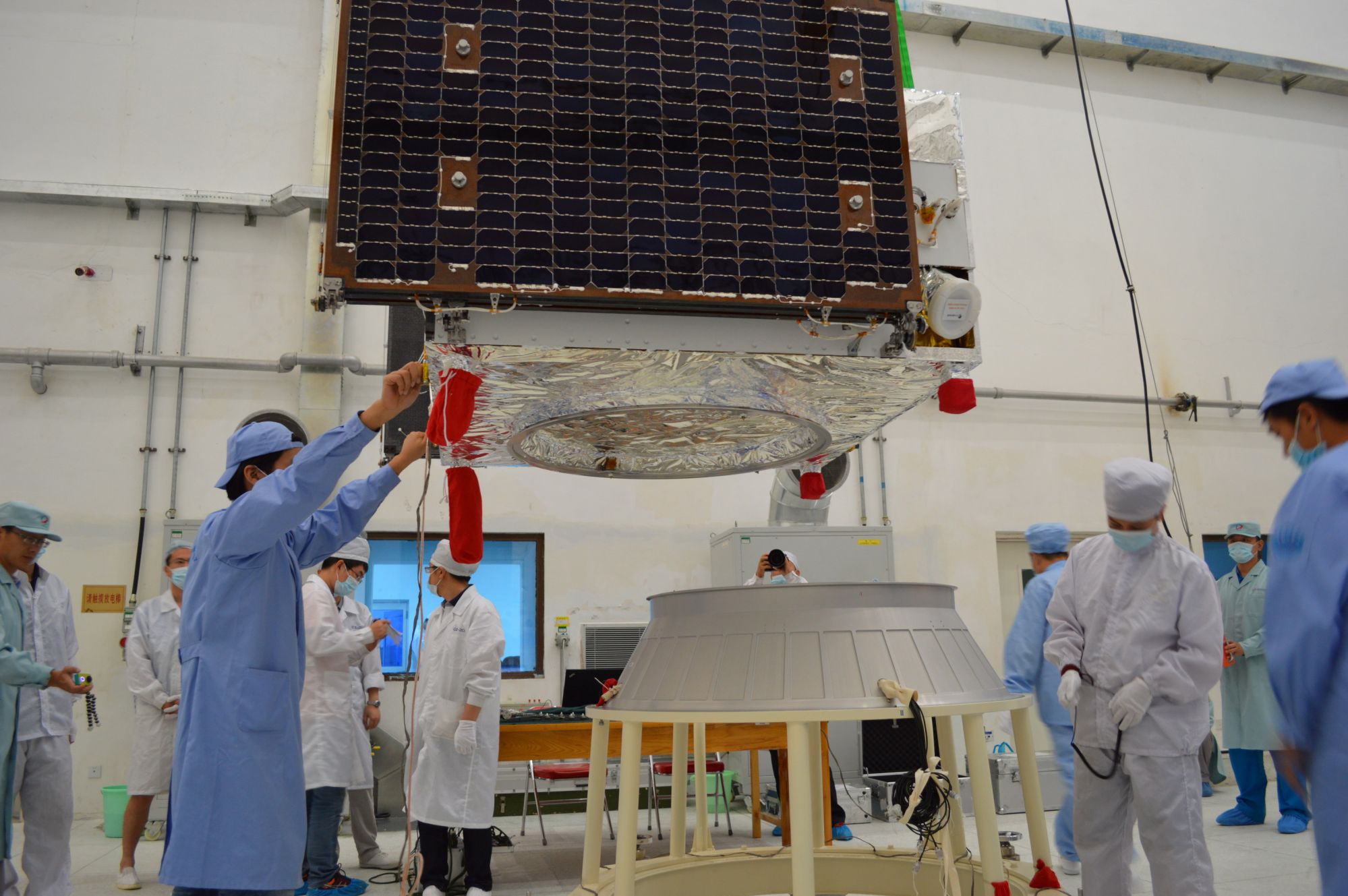
Has China achieved its leap to ‘quantum supremacy’?
- China has made massive strides in quantum technology, breaking new ground and closing the gap with the US, or even overtaking America in some cases
- Yet it still faces several systemic challenges, including a lack of real-world applications, high error rates, a scientific talent gap and Western sanctions
The quantum race is heating up. Last month, the US and Australia signed an official agreement on quantum technology and information science, emphasising the exchange of skills and development in the field for the protection of intellectual property as well as building safe and secure research environments.
It also highlighted a focus on quantum technology for the two nations to collaborate in developing and setting technical standards that foster interoperability, innovation and transparency.
This is a massive leap forward in building secure communication networks using quantum science and technology. It also underlines the strides made by China in the field and the advantage it has gained over its competitors in recent years.
Chinese scientists develop portable quantum satellite communication device
This ushered in a quantum revolution, with extensive research projects on quantum science taking shape. The focus on quantum communications resulted in advanced telecommunications and cryptography systems being developed by the scientific community in China.
The Beijing-Shanghai communication line, which opened in 2017, was a result of this quantum research. It has been described as the world’s longest unhackable communication line. Though not a fully realised quantum connection, the line is divided into multiple nodes based on the distance travelled by each photon before succumbing to noise, which provides a high level of security.

There was also a major improvement to USTC’s photonic quantum computer, raising the number of detected photons from 76 to 113. Owning two of the fastest computers in the world, China is the only country to achieve a quantum advantage in both photonic and superconducting quantum computing.
With China pulling ahead in the quantum race, there are fears of the Chinese government weaponising critical quantum technologies for military purposes. This would mean the Chinese military could develop capabilities that neutralise many offensive and defensive military technologies of its rivals.
If these technologies work, as claimed, there is an imminent threat of China gaining a military quantum advantage.
This might paint a bleak picture for those who thought China’s quantum prowess was all hype, but systemic challenges remain before China can really be classed as a quantum superpower.
China might own the world’s fastest quantum computers, but there are no real-world, useful applications of the systems as yet. High error rates have also been reported in the quantum computers, meaning their correction systems need to become more efficient.

There is still a scientific talent gap between China and the West that has yet to be bridged. China also faces sanctions and embargoes on semiconductor equipment, which is critical for breakthroughs in quantum technology. With the country still developing production and assembly lines for cutting-edge semiconductor manufacturing, this could cripple China’s hopes of dominating the quantum industry.
China has made significant progress in building its quantum ecosystem. With quantum research driven by the state and concentrated in a few university research labs, the funding provided by the Chinese government is consistently high. This has brought critical breakthroughs.
However, many challenges remain before China could be declared the official winner in the quantum race. It may not have achieved quantum supremacy yet, but it is well on the way to doing so.
Arjun Gargeyas is a research analyst with the High Tech Geopolitics Programme at the Takshashila Institution, a public policy think tank in Bangalore. His areas of focus include quantum technologies, semiconductors and technical standards


